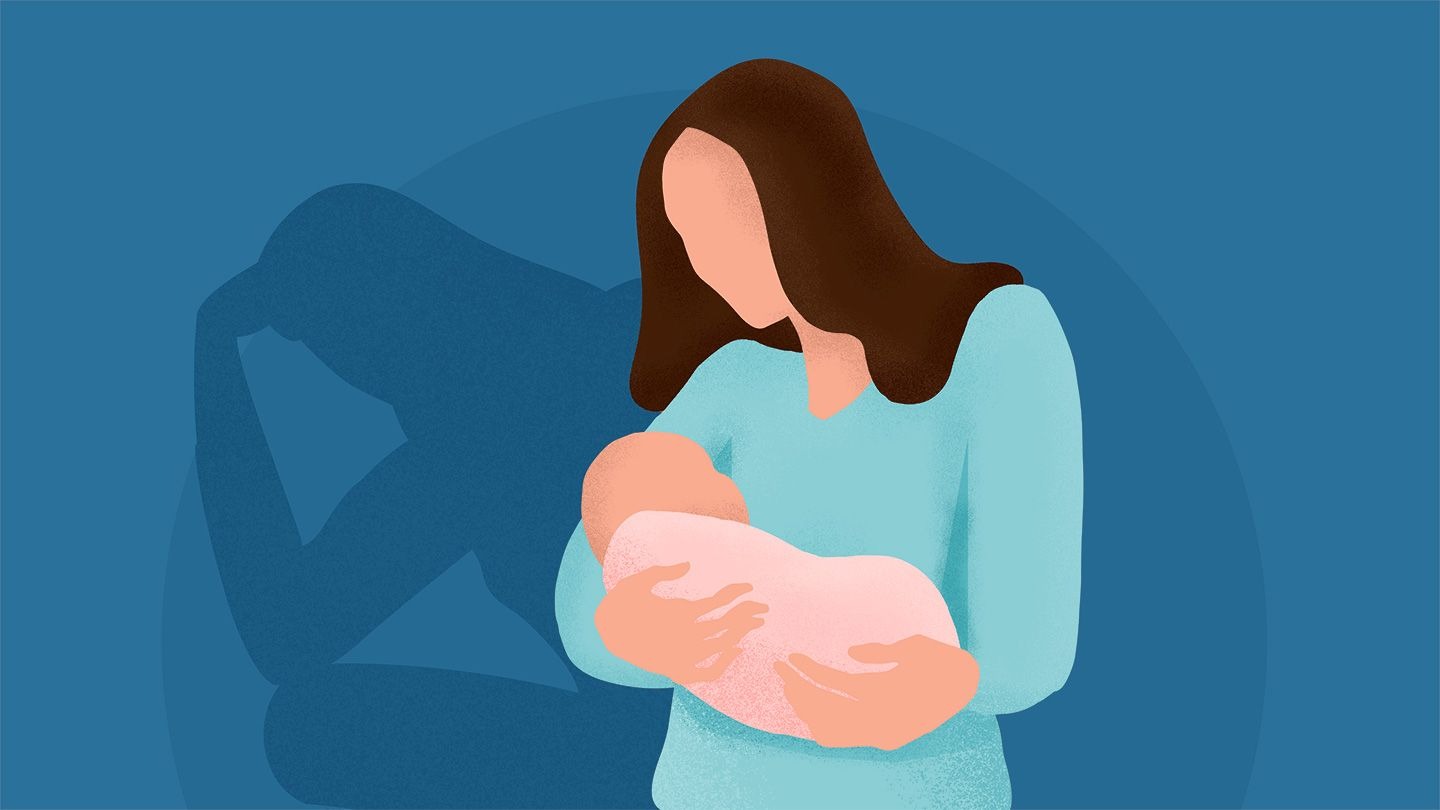
World Health Day is being celebrated all over the world today. This year's theme has been decided as Healthy Beginnings, Hopeful Futures. Through this theme, focus has been laid on the health and safety of mothers and newborns. Today, on the occasion of World Health Day, we will talk about postpartum depression. Postpartum depression (PPD) is a serious illness that can affect women after delivery. This is different from the "baby blues", which affect both women and men, although it is more commonly associated with women (mental health after delivery). If PPD is not treated in time, it can last for weeks, months or years. Dr. Ankita Chandna (Director of Obstetrics and Gynecology Department, Max Super Specialty Hospital, Shalimar Bagh) has given information about the symptoms of postpartum depression and ways to prevent them. Let's know in detail-
7 Symptoms of postpartum depression
- Constantly feeling sad: If you feel like crying or are always feeling sad even weeks after delivery, then this is one of the common symptoms of postpartum depression.
- Feeling very tired: Becoming a mother makes a woman's body tired. But if you feel weak even after resting, then this could be a sign.
- Lack of interest in anything: If the tasks that were once enjoyable now start feeling like a burden, then understand that this is also a symptom of Postpartum Depression.
- Difficulty in bonding with the child- If you do not feel love or emotions for your child, then you should be careful.
- Anxiety or fear: If you are afraid of something without any reason, then these are also symptoms of PD. Apart from this, feeling restless or nervous also indicates this.
- Irritability or anger: If you start feeling irritated or angry even on small matters, then this can also be a sign of PD.
- Thinking of harming oneself or the child: This is the most dangerous symptom of Postpartum Depression. In this situation, the mother is not conscious. She can go to any extent. She can even harm herself and her child (mother and child health risk).
How to prevent postpartum depression
- Women should connect with family, friends or a new mother's group. Talking to someone can help you a lot.
- If you are upset before or after delivery, you should talk to a psychologist expert. This can help you in every way.
- It is also important to get enough sleep. Eat nutritious food and take a light walk or do yoga.
- There is nothing wrong in asking someone for help with household chores or childcare. This will increase your interaction.
- Whatever is in your mind, whether it is good or bad, tell it openly to your partner or family members. Find a solution together. This can also lighten your mind.
- Being a mother is not easy. So don't put too much pressure on yourself. Forgive yourself if you make a mistake. This will help you do your job properly in the future.
- If you are feeling sad repeatedly after delivery, ignoring it can be your biggest mistake. You should immediately consult a doctor.
--Advertisement--

 Share
Share



